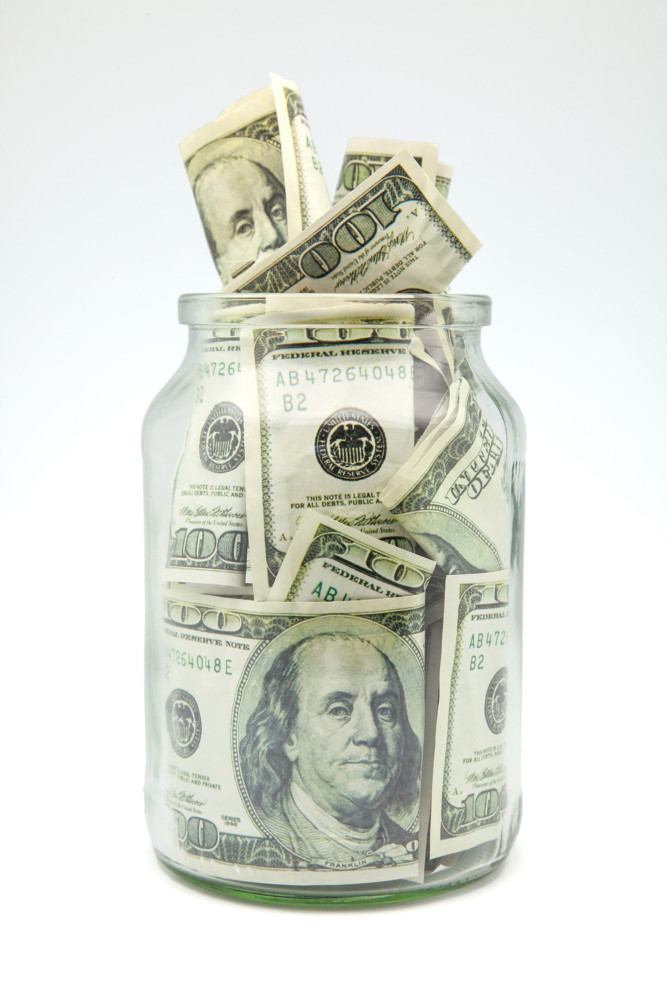By Dan Crimmins
AdviceIQ.
In New Jersey, where I live, we are once again in a rain drought, an annual event for us. Thankfully we haven’t seen a similar drought in the stock market for several years.
You need to plan for either kind of dry-up, whether as a gardener trying to save azaleas or an investor hoping to avoid total repair of your portfolio.
One of your major money challenges today: how to sustain your income through what will likely be a longer retirement than any generation before you faced. This likely requires that you hold a healthy, diversified allocation in your portfolio of partial ownership in the great companies of the U.S. and the world, aka stock.
Inevitably, the normal human response to this is, “What about the volatility of the stock market?” Volatility means the all-too-common stock market downturns, or droughts.
Merriam-Webster dictionary defines a drought as “a period of dryness especially when prolonged.” We all know water droughts, especially the suffering folks in California lately.
When this subject comes up regarding retirement savings and investing, we tell the following analogy: Your investments need to provide you with monthly income in your retirement just as a well in your backyard must provide you a steady flow of water.
Of course the level of the water in your well depends on such weather conditions as dry spells, rain and melting snow and ice. You must leave some water in the well to provide an ongoing supply through the natural weather cycles. You also keep a reserve of water in your house to make sure that the well and your home do not run out of water in prolonged, severe droughts, which always occur.
Just as you can’t predict water shortages, you and everyone else (including self-proclaimed experts) can’t foresee stock market droughts or downpours. Then-chairman of the Federal Reserve Alan Greenspan lauded derivatives right before this trading tool helped fuel the 2008 financial crash. Another bad call: “Stocks have reached what looks like a permanently high plateau,” proclaimed Yale University economics professor Irving Fisher, in 1929.
All you can do is prepare. As you need enough water in the cupboards to survive for several months so you won’t need to withdraw from the declining water level in your well, you need cash reserves (in other words, money safe from market fluctuations) to handle Wall Street’s droughts. Depending on your circumstances, generally one to two years’ cash reserves works best. This amount allows you avoid or at least reduce tapping your investments during market declines.
You can keep this money in a bank account, which the Federal Deposit Insurance Corp. insures up to $250,000, for protection, not to generate returns. You can also try a money market account from a bank, discount brokerage house or other financial institution. These liquid and stable accounts are usually invested in bonds and other low-yielding paper and, like most savings accounts these days, pay almost no interest.
Start planning a decade or two before your retirement to allow you to continue to maintain a good lifestyle even into your 80s and 90s. With a little work, your glass will never be empty.
___
ABOUT THE WRITER
Dan Crimmins is the co-founder of Crimmins Wealth Management LLC in Woodcliff Lake, N.J. He writes for AdviceIQ, which delivers quality personal finance articles by both financial advisors and AdviceIQ editors.














































































































































































































































































































































































